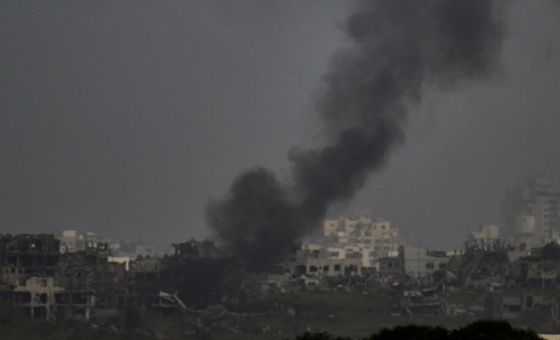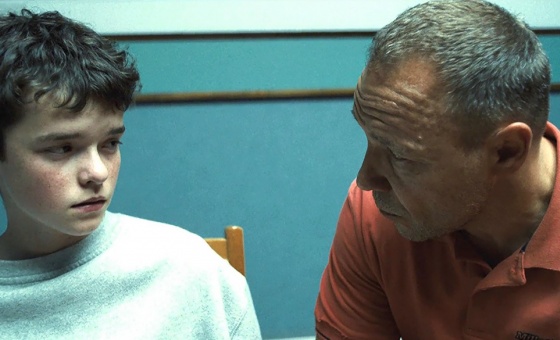This is the last article you can read this month
You can read 5 more article this month
You can read 5 more articles this month
Sorry your limit is up for this month
Please help support the Morning Star by subscribing here
DOZENS of people subjected to police spying have called on a public inquiry to conclude that the undercover unit that targeted them was “unlawful, unjustified and illegitimate” from its inception.
A short series of hearings summarising the first phase of the judge-led inquiry into undercover policing by the London Met concluded on Wednesday with campaigners urging the probe to “fully and fearlessly” expose police spy abuse.
The probe will now pause before publishing an interim report on the first part of its investigation into industrial-scale police spying on political groups, focusing on the years 1968 and 1982.
In closing submissions to the inquiry on Wednesday, Kirsten Heaven, speaking on behalf of a group of activists spied on, said that the devastation caused by officers in the Special Demonstration Squad during those early years and beyond “cannot be underestimated.”
However, she said campaigners have faced an “unrelenting fight for truth, justice and accountability with resistance from the state and policing institutions at every stage.”
Ms Heaven said campaigners want the Metropolitan Police and the government to “formally admit, and take responsibility for, the abuses of fundamental human and democratic rights that occurred as a result of the establishment of the SDS.”
The inquiry’s legal team have already concluded that senior officers, and some members of the Home Office and Cabinet Office, knew of the SDS’s existence.
The Home Office has however said it was never aware of any of the abuses carried out by SDS officers, including the deceit of women into sexual relationships.
“The chair is requested to unequivocally find that, from the moment of its inception, the SDS was an unlawful, unjustified, and illegitimate undercover policing unit,” she said.
The probe was launched in 2014 after a series of shocking revelations that undercover officers had deceived women into sexual relationships and spied on the family justice campaign of murdered teenager Stephen Lawrence.
It began hearing evidence in October 2020, and is not expected to conclude until 2026. It’s been tasked with investigating abuses by officers serving in two police units which together infiltrated over 1,000 political groups over more than 40 years.
The interim report on undercover police operations between 1968 to 1982 is expected to be published later this year.
Ms Heaven said the findings of that report “could not come at a more important time both in the United Kingdom and around the world.”
She continued: “This inquiry has a unique and privileged opportunity to inform the future of undercover policing and public debate. This is no small task.
“For example in the last few weeks, it has emerged that Spain is facing its own undercover policing scandal. So the world is watching this inquiry in this country.”
She added: “This inquiry must play a fundamental role in repairing the damage caused by undercover policing, to restore public trust and ensure that the public and the state understand what went wrong and why, so that the right lessons are learnt.”
Hearings will resume in 2024.
 Bethany Rielly
Bethany Rielly









